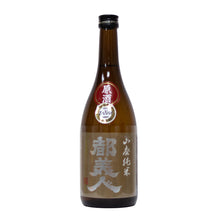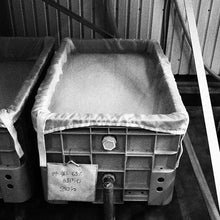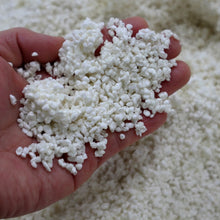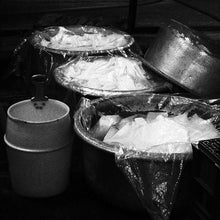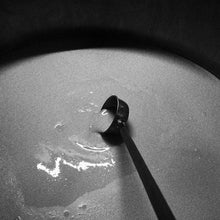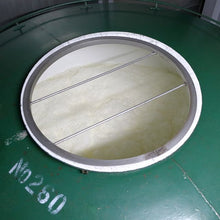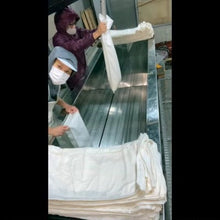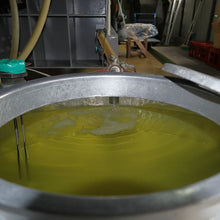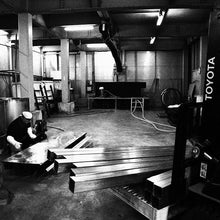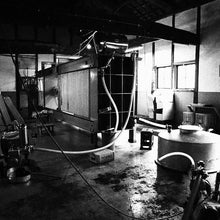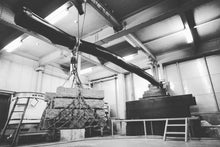
Classification
Junmai • Pure Rice Sake
Yamahai • Traditional yeast starter method
Muroka • No charcoal filtration
Nama • Unpasteurised
Genshu • Undiluted
Specifications
Yeast: #9
Alcohol: 18.7%
Polish rate: 65%
Format: 720ml
What you can expect:
The Gohyakumangoku rice strain often produces light, easy-drinking sakes, but in the hands of Kunihiro Yamauchi, it creates something completely different: a sake with so much structure you can age it for years, so we did. This was brewed in 2018 and over time has developed delicious notes of cacao and persimmon without losing its big, bold spine.
About Miyako-Bijin Shuzo | Awaji Island, Hyogo Prefecture
Miyako-Bijin was established as a company in 1945, when 10 smaller breweries merged together to consolidate their brewing skills. Originally called Awaji Shuzo after the island’s name, it changed to Miyako-Bijin in 1959. After the Sake boom of the 70’s and early 80’s Miyako Bijin struggled with sales and over the following years, cut back on volume-based production and focused solely on small batch quality-driven products. Much of the brewery machinery was sold off and they moved back to handmade, small-tank production.
Today the brewery is led by Toji (Master Brewer) Kunihiro Yamauchi, a talented young brewer who oversees the production of all the Sake, Umeshu and liqueurs produced at Miyako Bijin.
Miyako-Bijin believe in focusing on quality over quantity and use the traditional method Tenbin-Shibori, where a wooden beam press is used to press their sake rather than a modern commercial press. This method is rare to see as it takes twice as long to press the sake, with less liquid resulting.











